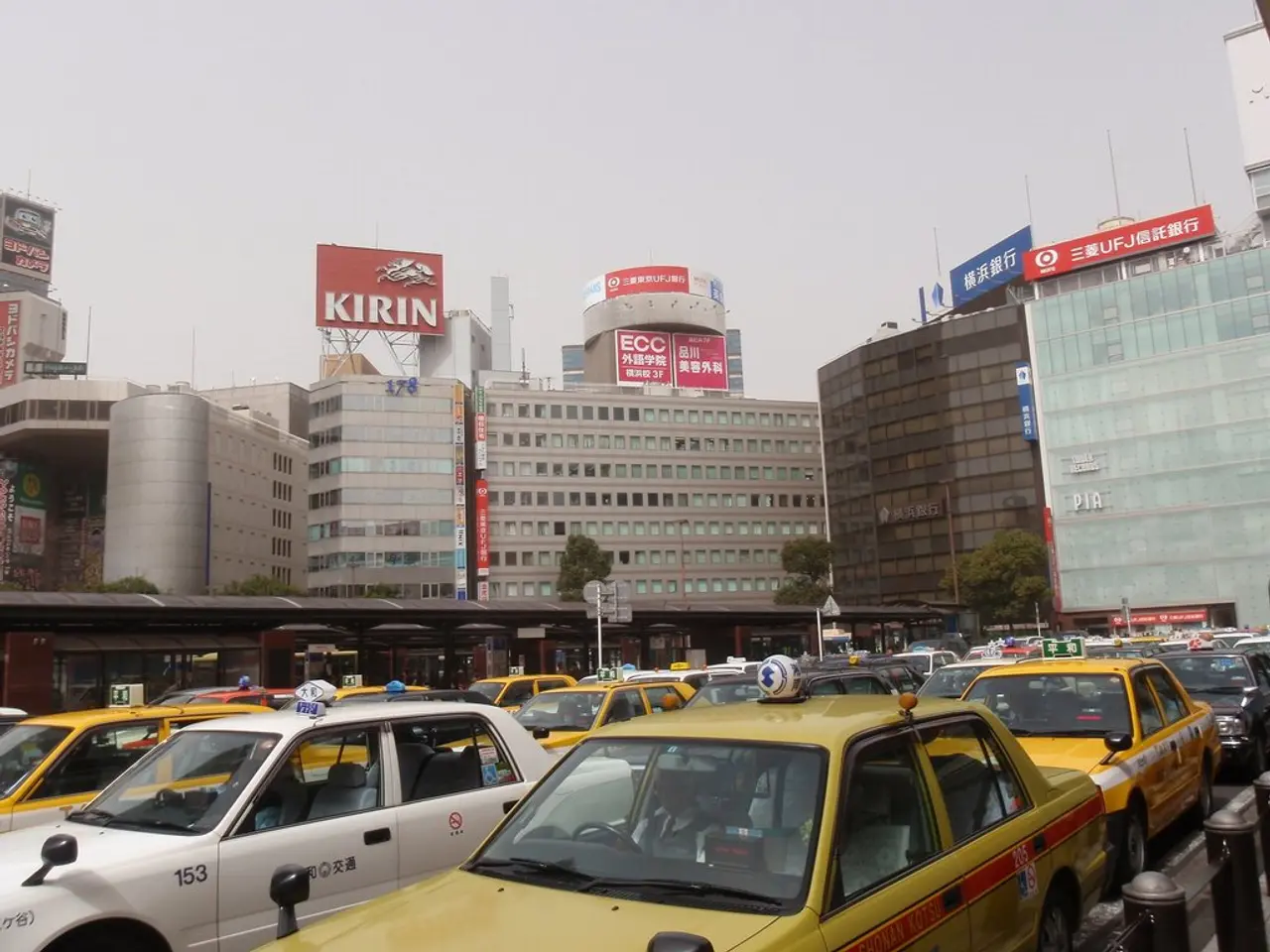Ticket Price Approaching Expiration: Expected Cost is 70 Euros
The Land-Ticket, a popular public transportation model offering unlimited travel on regional trains across Germany, is currently facing uncertain times due to shaky funding. The subscription-based ticket, which costs €58 per month (as of 2025), has seen a price increase from €49 per month (before 2025), suggesting a trend towards potential future price adjustments.
Initially launched in May 2023 for 49 euros a month, the Land-Ticket was marketed as a symbol of the transport transition. However, the large portion of subsidies going towards the Land-Ticket has led to a lack of funding for buses, personnel, and network infrastructure. This has raised concerns about the sustainability of funding, especially if subsidies are reduced or operational costs rise significantly.
The federal government and states cover only about a third of the Land-Ticket's costs, with municipalities and transport companies often covering the remaining costs, often at their limit. A concrete decision has not yet been made, but a possible price increase of up to 70 euros for the Land-Ticket has been mentioned by Schleswig-Holstein's Minister President Daniel Günther.
The actual expenditure for the Land-Ticket is estimated to be around 10 billion euros per year. The subsidies for the Land-Ticket are again only valid for one year, making long-term planning difficult. The funding for the Land-Ticket is only legally secured until the end of 2025, with no clear rules or promises for the years after that.
Bavaria's transport minister, Bernreiter, speaks of funding the Land-Ticket as a guarantee of chaos. The federal government has not yet provided clear promises for the funding of the Land-Ticket beyond 2025. The draft laws from Berlin do not provide for an automatic top-up obligation if the money runs out, adding to the uncertainty surrounding the Land-Ticket's future.
Despite these concerns, the Land-Ticket remains a valuable offering, allowing users to travel on buses and trains nationwide. By 2024, the number of Land-Ticket subscribers had exceeded 11 million. The Land-Ticket was initially marketed as a quantum leap for local transport, and it continues to encourage the use of regional trains, providing an affordable option for extended travel.
However, without long-term funding, the Land-Ticket could potentially face chaos in its pricing and availability, making it more of a mere accounting exercise without real financial backing. It is unclear who will bear the actual costs of the Land-Ticket in the long run, adding to the uncertainty surrounding this popular public transportation model.
- The uncertainty surrounding the Land-Ticket's future funding, particularly after 2025, raises questions about its long-term sustainability in the transportation industry, as these costs are currently being shared among the federal government, states, municipalities, and transport companies.
- The potential increase in Land-Ticket prices, with rumors suggesting an increase of up to 70 euros, could impact personal-finance budgeting for those who rely on this affordable public-transit option for their commuting needs.
- The subsidies for the Land-Ticket, which amount to about 10 billion euros per year, are only guaranteed until the end of 2025, creating difficulties for long-term planning in the finance sector, as there are no clear rules or promises for funding beyond that period.




